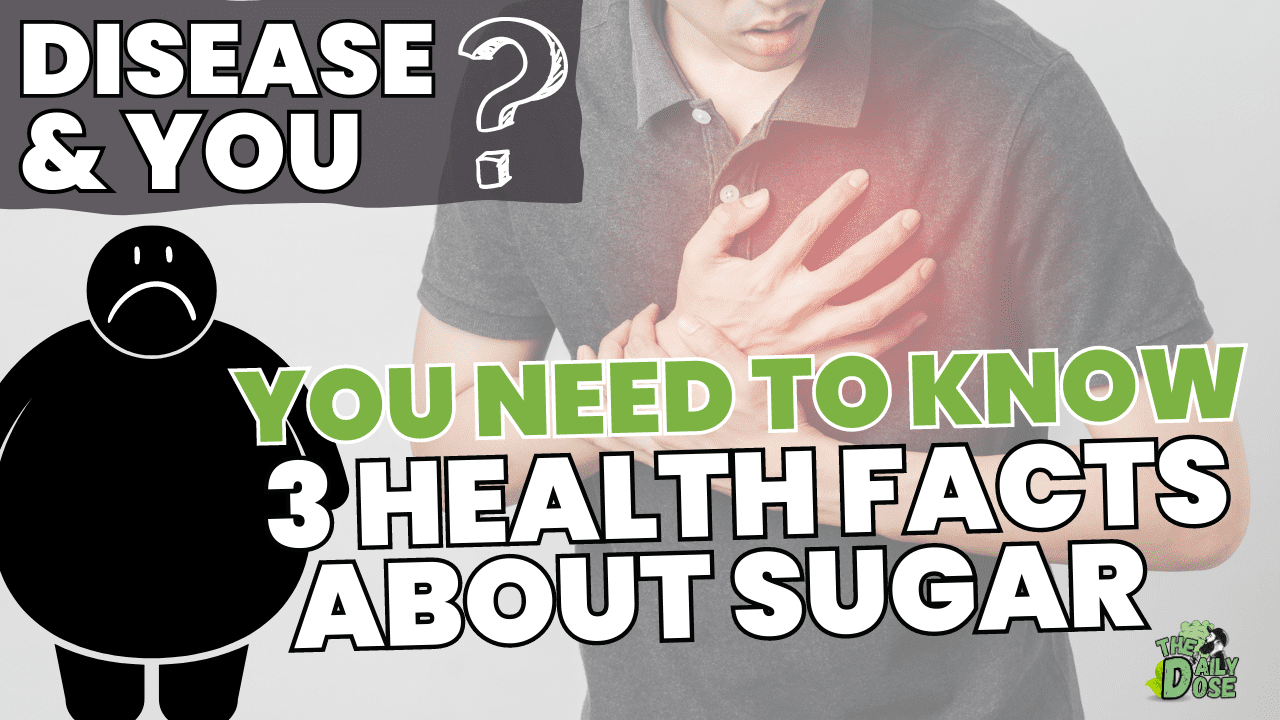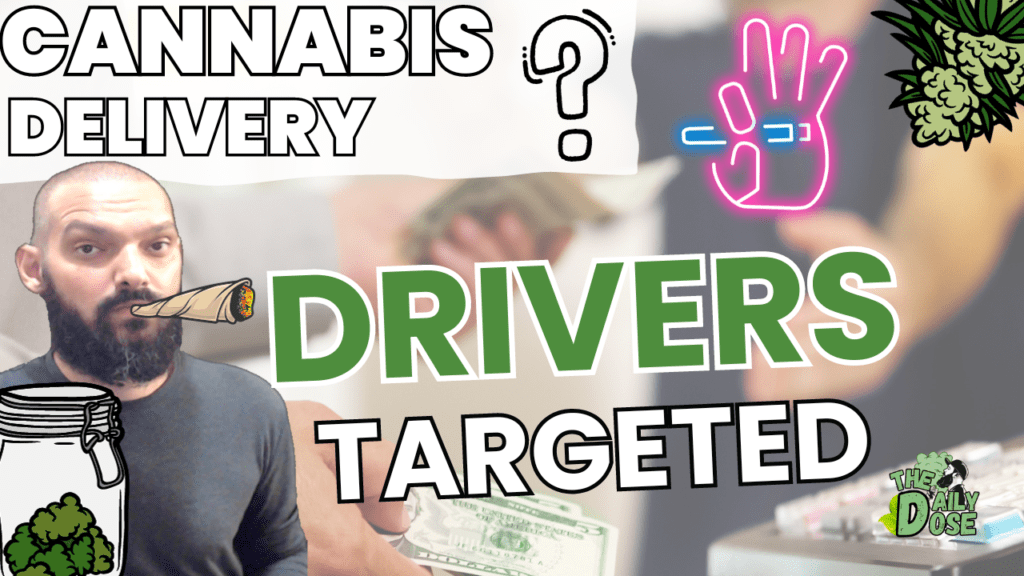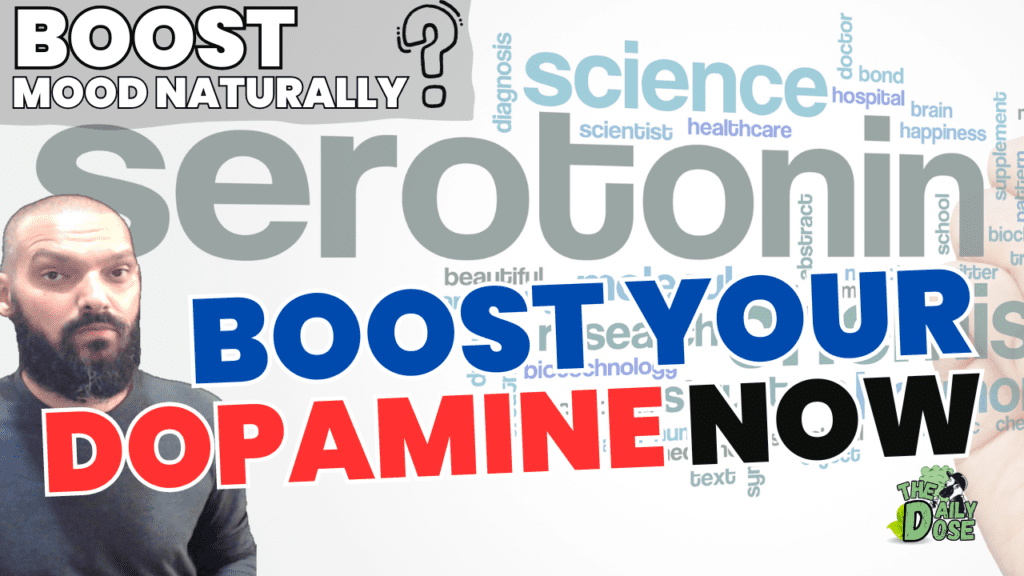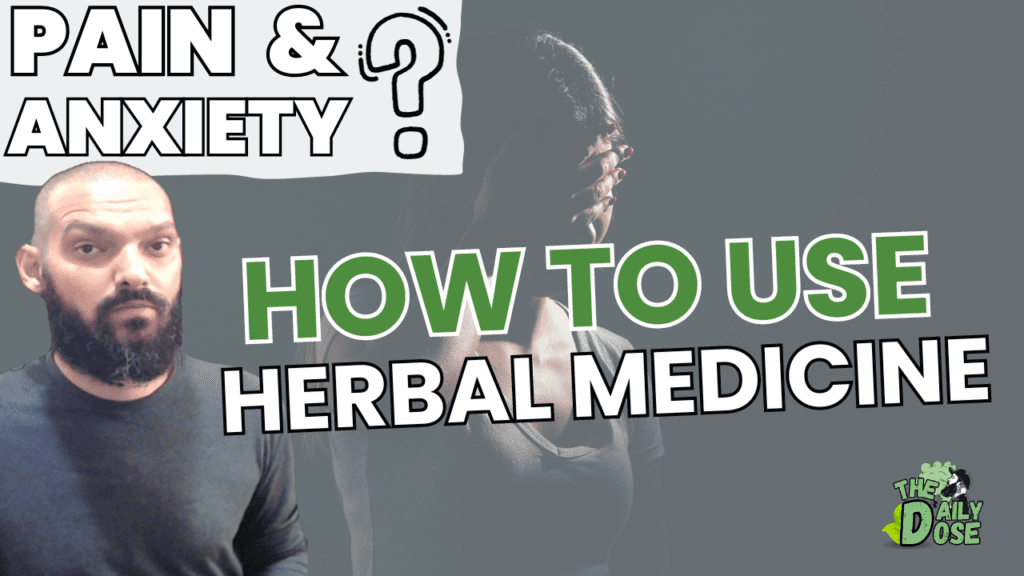Excessive Sugar And It’s Impact On you
Introduction
Sugar, a ubiquitous sweetener found in various foods and beverages, has become a significant part of modern diets. While a moderate amount of sugar is acceptable, excessive sugar consumption can have adverse effects on your health. This article explores the impact of consuming too much sugar on the human body, mind, and overall well-being. We’ll also discuss strategies to reduce sugar intake and address common misconceptions surrounding sugar.
Understanding Sugar and Its Types
Sugar comes in different forms, and it’s essential to differentiate between them. Natural sugars are found in fruits, vegetables, and dairy products, while added sugars are incorporated into processed foods. Additionally, refined sugars go through a process that removes impurities, while unrefined sugars retain their natural state.
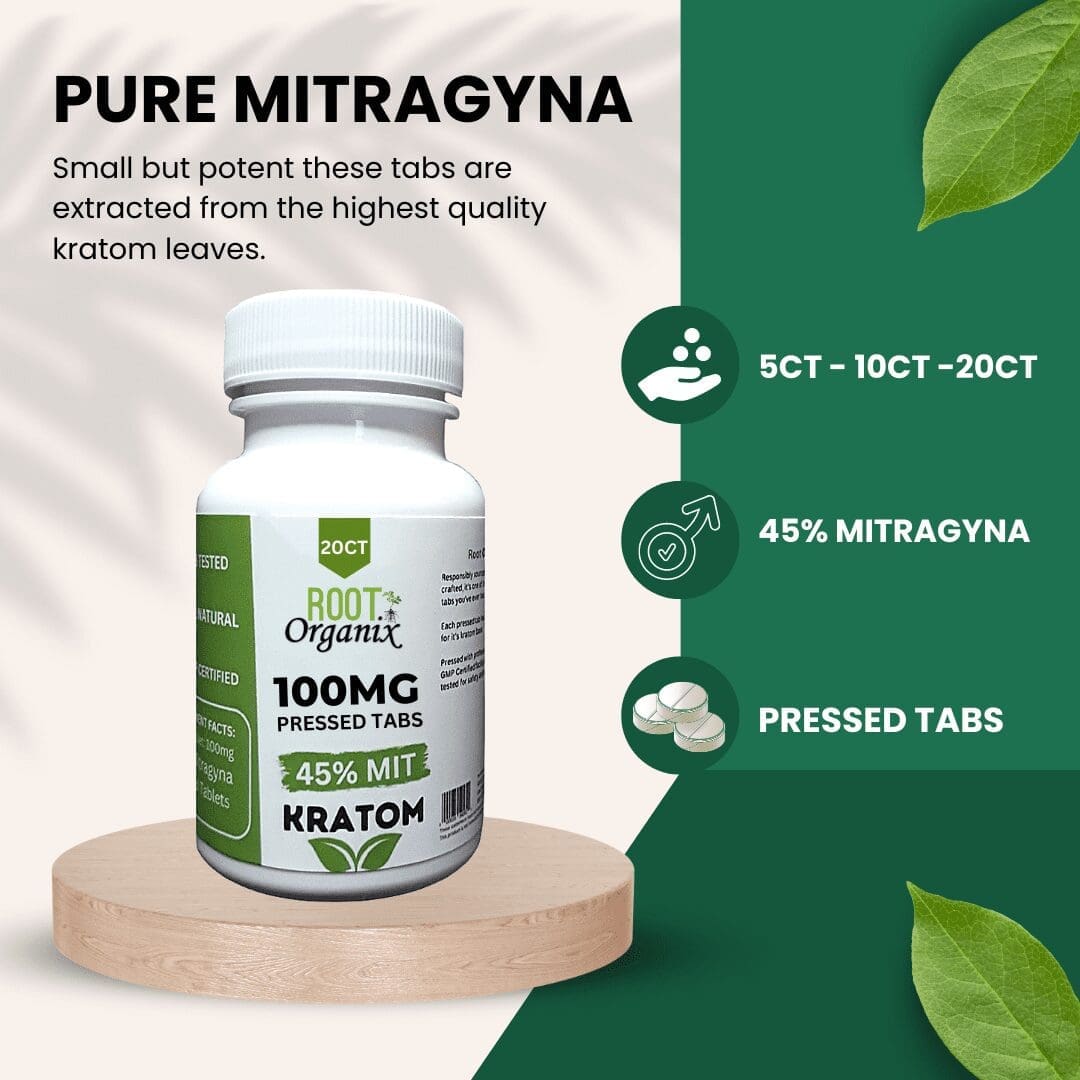
How Sugar Affects Your Body
3.1 Spike in Blood Sugar Levels
When you consume sugary foods or beverages, your blood sugar levels skyrocket, leading to a rapid increase in energy. However, this surge is often short-lived and followed by a crash, leaving you feeling tired and fatigued.
3.2 Weight Gain and Obesity
Excessive sugar consumption is strongly linked to weight gain and obesity. High sugar intake contributes to an increase in calorie consumption, and it’s often found in processed, calorie-dense foods.
3.3 Dental Health Complications
Sugar fuels the growth of harmful bacteria in the mouth, leading to tooth decay and cavities. Regular consumption of sugary treats and drinks can severely impact dental health.
3.4 Increased Risk of Chronic Diseases
A diet high in sugar is associated with an increased risk of chronic diseases such as type 2 diabetes, heart disease, and non-alcoholic fatty liver disease.
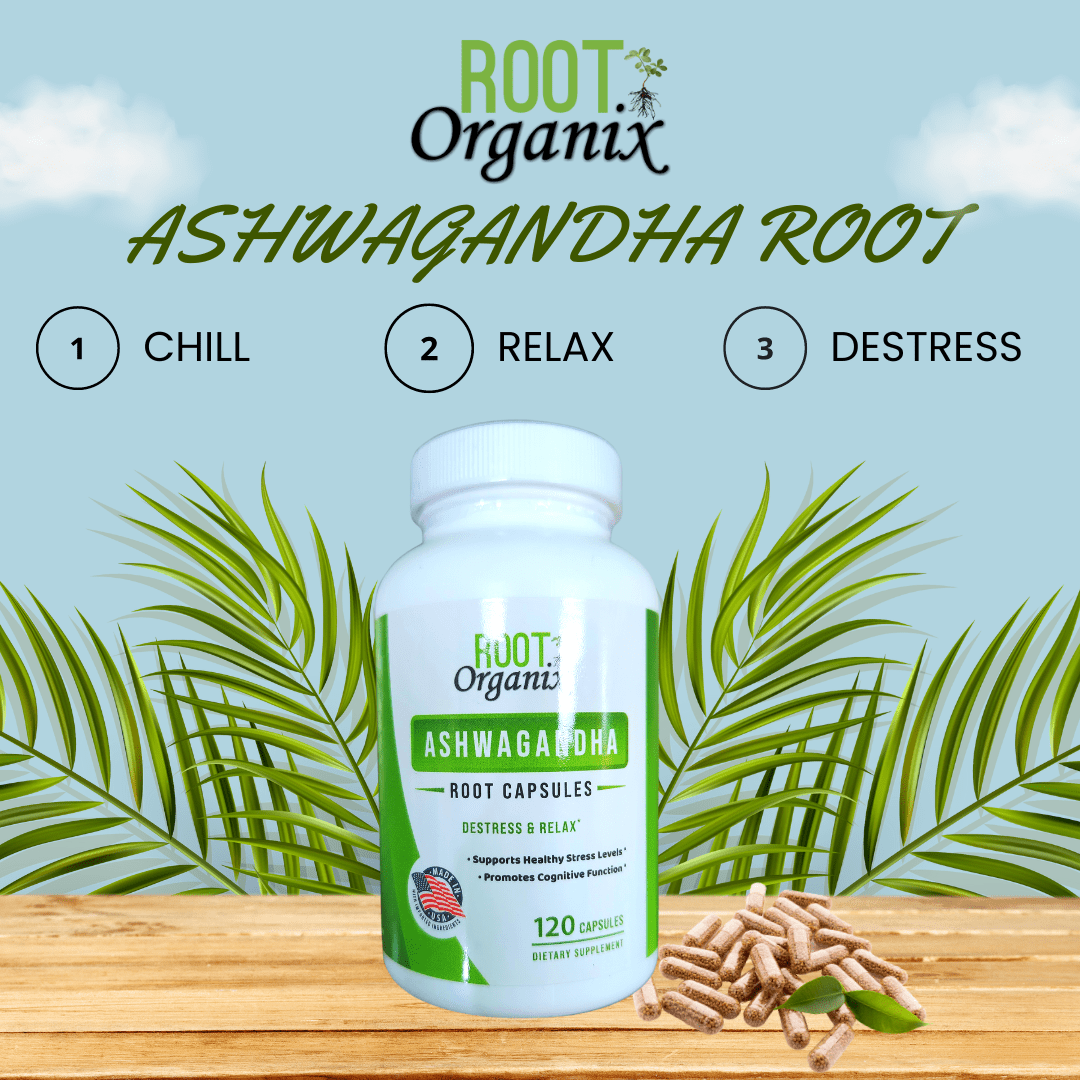
The Connection Between Sugar and Mental Health
4.1 Sugar’s Impact on Mood and Energy Levels
Consuming sugary foods can result in mood swings and energy fluctuations. While it may provide a temporary sense of happiness, the subsequent crash can leave you feeling irritable and low.
4.2 Sugar Addiction and Withdrawal Symptoms
Studies suggest that sugar can be addictive, leading to withdrawal symptoms when consumption is reduced. These symptoms may include cravings, headaches, and irritability.
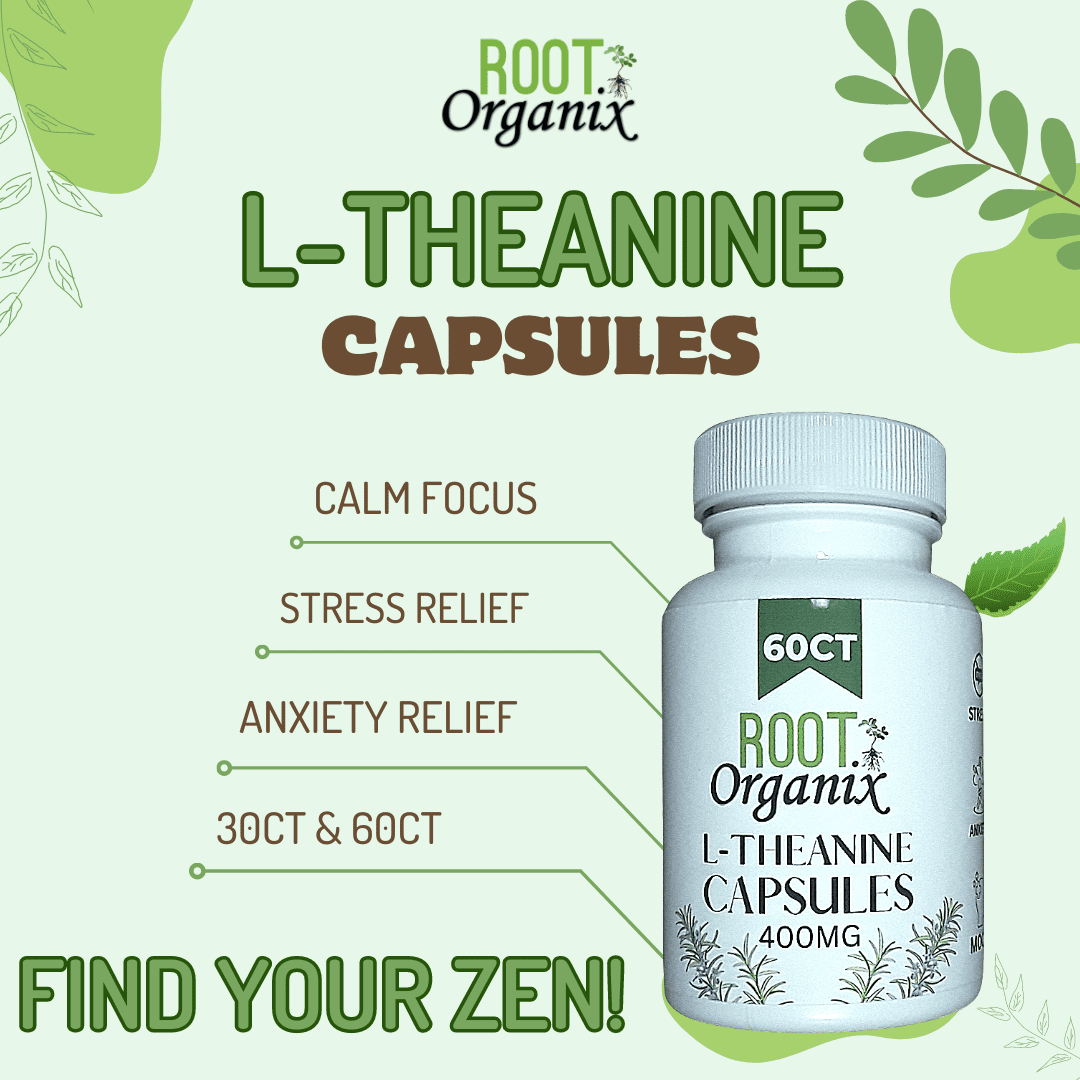
Strategies to Reduce Sugar Consumption
5.1 Reading Food Labels
Become a vigilant consumer by reading food labels to identify hidden sugars in products. Choose foods with lower added sugar content.
5.2 Choosing Healthier Alternatives
Opt for natural sweeteners like honey or maple syrup instead of refined sugars. Additionally, choose whole fruits as a healthier alternative to sugary snacks.
5.3 Gradual Reduction Approach
Gradually reduce your sugar intake to avoid severe withdrawal symptoms and make sustainable changes to your diet.
How Sugar Industry Influences Consumers
6.1 Marketing Tactics and Misleading Information
The sugar industry employs marketing tactics that often downplay the negative effects of sugar consumption, leading consumers to believe it’s harmless.
6.2 The “Hidden Sugar” Problem
Sugar is present in various unexpected products, including sauces, dressings, and even savory snacks, making it challenging for consumers to monitor their intake.
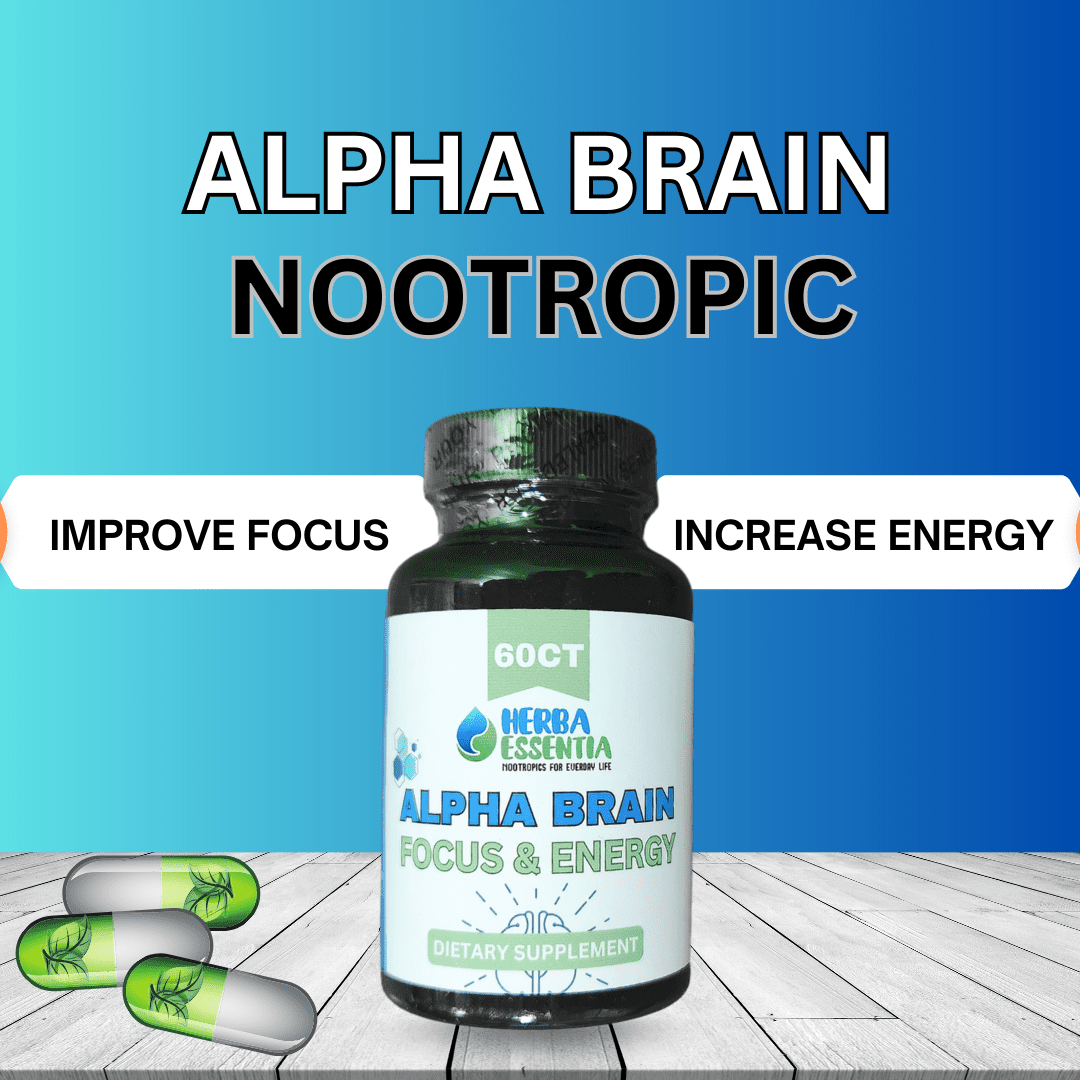
The Impact of Sugar on Children’s Health
7.1 Childhood Obesity and Related Health Issues
Children with high sugar diets are at risk of developing obesity and related health problems at an early age.
7.2 Behavioral and Cognitive Effects
Studies show that excessive sugar intake in children may lead to hyperactivity and difficulty concentrating.
The Sugar-Health Paradox: Can You Enjoy Sugar in Moderation?
While eliminating sugar entirely from your diet may be challenging, enjoying it in moderation can be part of a balanced lifestyle.
Tips for Breaking Free from Sugar Addiction
Overcoming sugar addiction requires determination and patience. Seek support from friends, family, or healthcare professionals.
Sugar and Aging: Effects on Skin Health
Excessive sugar consumption can contribute to premature aging and skin problems like wrinkles and acne.

Debunking Common Myths About Sugar
11.1 “Fruit Sugar is Just as Bad as Added Sugar”
The sugar in whole fruits comes with fiber and nutrients, making it less harmful than added sugars.
11.2 “Sugar-Free Products are Always Healthy”
Sugar-free products may contain artificial sweeteners, which come with their own set of concerns.
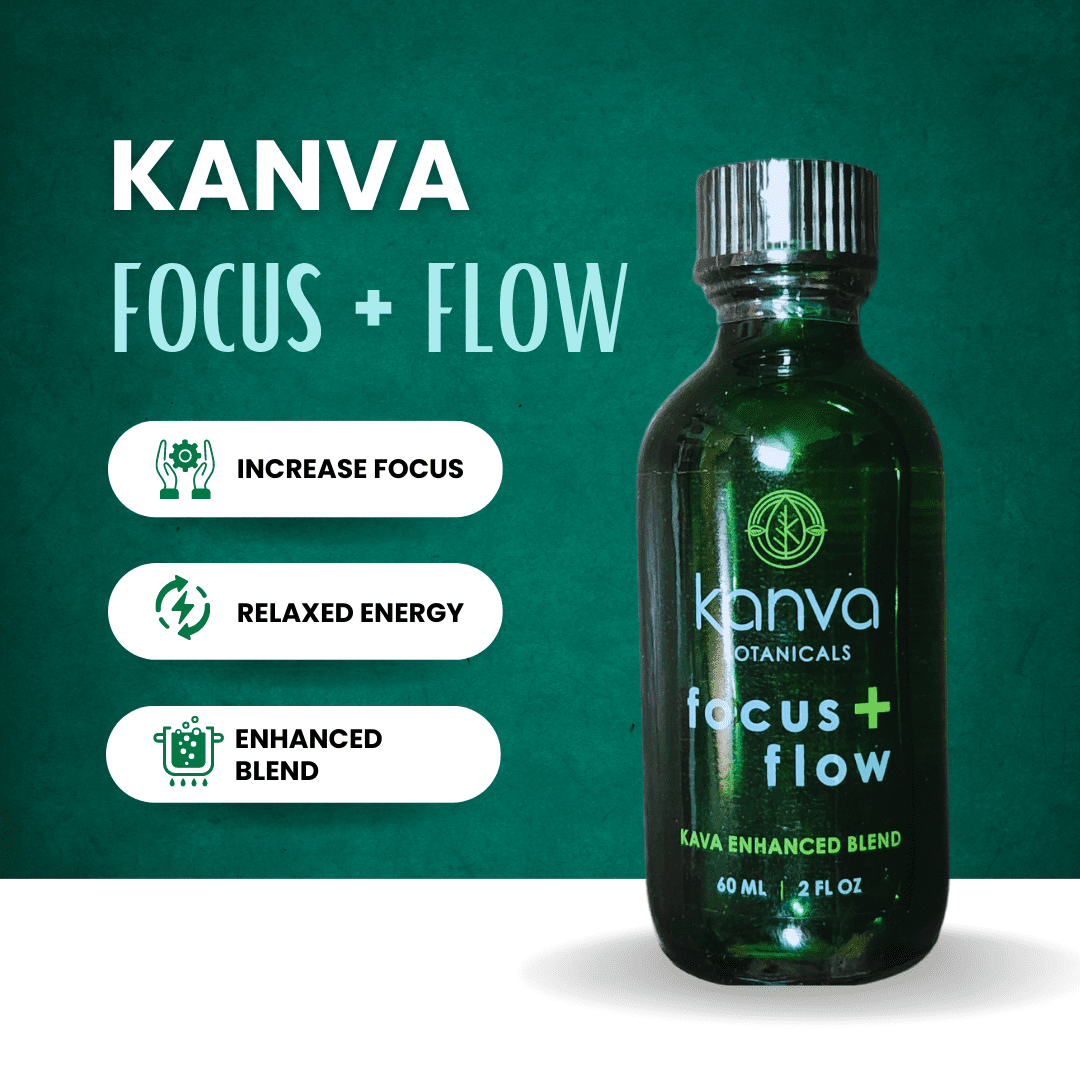
The Importance of a Balanced Diet
A balanced diet that limits added sugars can significantly improve overall health and well-being.
Understanding Food Cravings and How to Manage Them
Address the root causes of food cravings by managing stress and ensuring a well-balanced diet.
Social Impacts of High Sugar Diets
Excessive sugar consumption can contribute to health disparities and economic burdens related to healthcare costs.
Conclusion
Excessive sugar consumption has far-reaching effects on both physical and mental health. By understanding the various impacts of sugar on the body and mind, individuals can make informed choices to reduce their sugar intake. Embracing a balanced diet and adopting healthier alternatives can lead to improved well-being and a better quality of life.
FAQs
Is all sugar bad for you?
How much sugar is considered excessive?
Can sugar cause diabetes?
Are sugar cravings normal?
Can reducing sugar intake improve skin health?
Related Articles:
- Intermittent Fasting: A Comprehensive Guide
- Boost Vitality Male Health Supplements
- Top 10 Supplements For Nutrition And Health
- Main Article
Meet The Author


